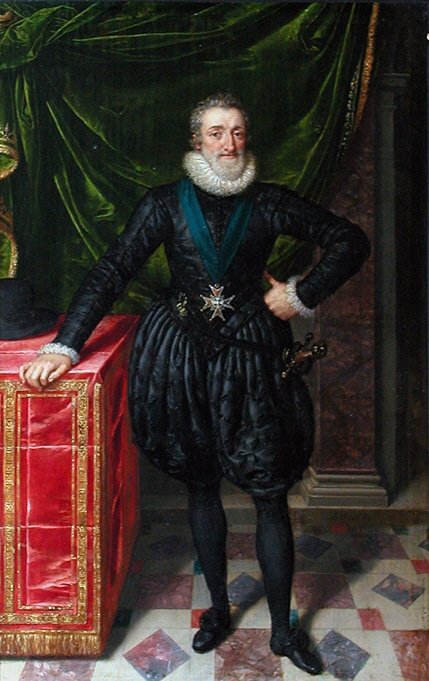
A military commander, conqueror of a holy city, whose mere existence would prove relevant in his father becoming an Emperor and stabilizing an Empire that could have collapsed as quickly as it had started.
Story in the evening ...
Story in the evening ...
https://twitter.com/Arby_K/status/1319855133413392385
Titus Flavius Vespasianus was born in 39 AD in Rome. A career soldier, he accompanied his father, Vespasian, to the Roman province of Judea in 66 to suppress a rebellion. The death of Emperor Nero would set Titus on the path back to Rome. 1/10 

The death of Nero without an heir meant Rome had no ruler. Since Augustus became Imperator in 26 BC, he and his successors (by blood and by adoption) had ruled the vast Roman Empire. Titus would be send back to Rome to pay homage to the new Emperor. 2/10 

The first to the throne was a politician named Galba. Aged 72, he and his adopted heir would be quickly disposed off by Otho, who then took the throne. But by then Vitellius and his troops were approaching very fast. Vespasian and Titus watched cautiously from Judea. 3/10 

Before Vitellius could lay a proper hand on the throne, Vespasian's troops proclaimed him the new Emperor. With two adult sons, the continuity of the new dynasty was certain as well, unlike his predecessors. The fledgling Empire now got its new leader. 4/10 

Crisis at Rome averted, Titus would return to Judea and siege Jerusalem, destroying the Jewish Temple. The Jewish defector, Josephus, has provided a detailed account of the Jewish war, one of the many historians of the Flavian period whose writings survived. 5/10 

Vespasian would stabilize Roman rule in Europe. When Nero died, the Empire had reached a precipice. It was clear now that the Empire was here to stay. It would take another 400 years for imperial rule in Rome to collapse, reaching its zenith in 117. 6/10 

After Vespasian died in 79, Titus would take over. A promising reign was cut short by the new Emperor's death in 81, at the age of 41. His brother Domitian, would succeed him. Though Domitian would be killed by Romans in 96, the Roman imperial culture was now set it stone. 7/10 

One of the most iconic monuments of Ancient Rome, the Colosseum was completed during the reign of Titus. Its construction had started a decade earlier during his father's reign. 8/10 

But the most memorable event of the reign of Titus was the eruption of Mount Vesuvius, obliterating the Roman cities of Pompeii and Herculaneum. 9/10 

The name of Titus is etched among the best military leaders of Rome. While Tacitus in "The Histories" details its near collapse after Nero, Adrian Goldsworthy has a well researched book on the Roman generals who made Rome, in more than one day. :) amazon.com/Name-Rome-Men-… 10/10
• • •
Missing some Tweet in this thread? You can try to
force a refresh














